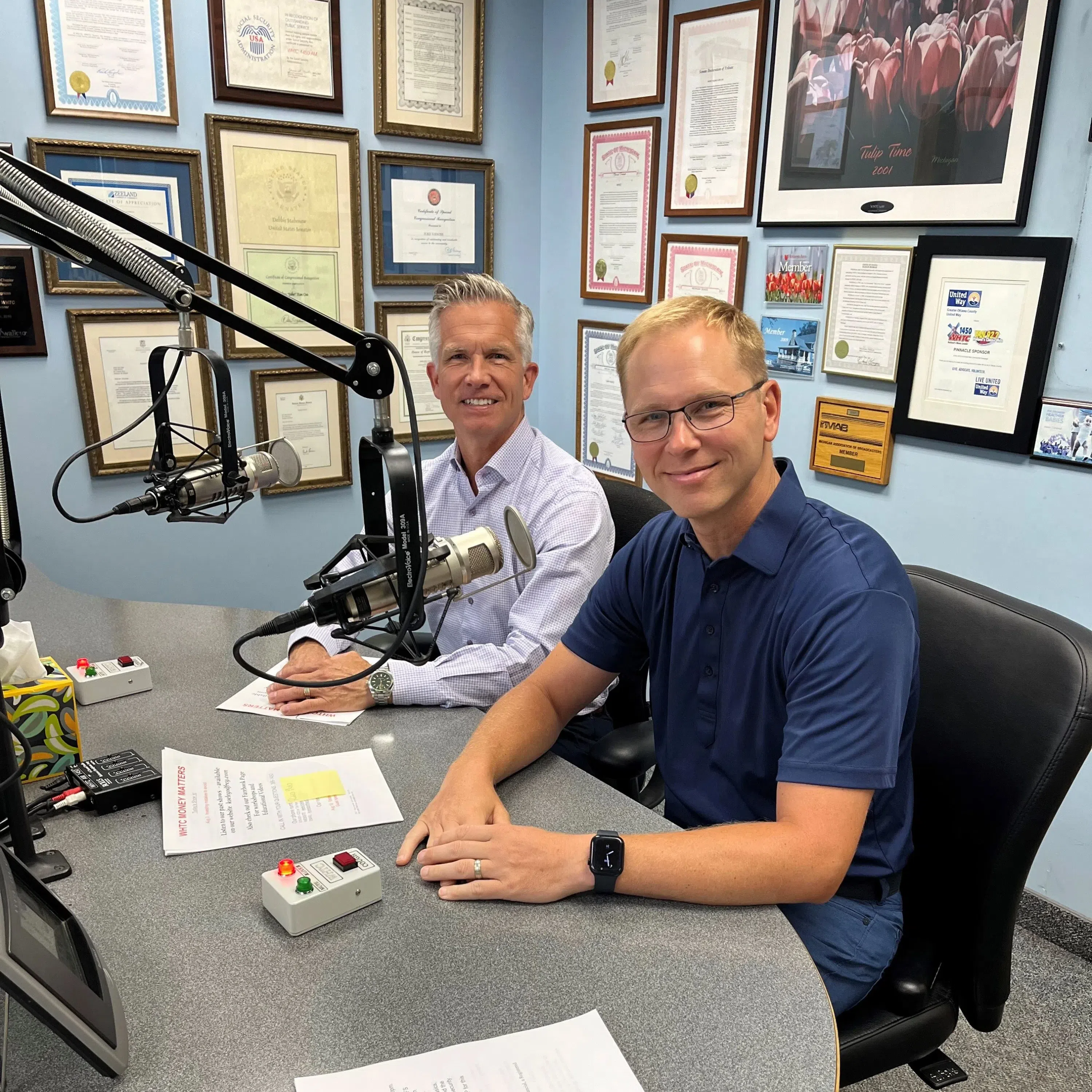ISTANBUL (Reuters) – Turkish restaurants reopened and many children returned to school on Tuesday after the government announced steps to ease COVID-19 curbs even as cases edged higher, raising concerns in the top medical association.
On Monday evening, President Tayyip Erdogan lifted weekend lockdowns in low- and medium-risk cities and limited lockdowns to Sundays in those deemed higher risk under what he called a “controlled normalisation”.
Cafe and restaurant owners, limited to takeaway service for much of last year, have long urged a reopening of in-house dining after sector revenues dropped 65%. They also want relief from growing debt, and from social security and tax payments.
“We were serving 4,000-5,000 people a week. Now with takeaway services we are serving only 500 people,” Istanbul-based Pideban restaurant owner Yusuf Kaptanoglu said before the easing measures were announced.
“I did not benefit from any support including loan support,” he said.
Across Turkey, pre- and primary schools as well as grades 8-12 resumed partial in-person education.
Yet the moves come as new daily coronavirus cases rose to 9,891 on Monday, the highest since Jan. 11 and up from 8,424 a day earlier, according to official data. Cases were around 6,000 in late January.
“The number of mutant virus cases is increasingly rising. We do not see conditions to return to an old ‘normal’,” the Turkish Medics’ Association said on Twitter, calling for higher rates of testing and inoculation.
“Political and economic interests must not take precedence over human life and science,” it added.
Turkey, with a population of 83 million, has administered 8.96 million vaccines in a campaign that began in mid-January. More than 7 million people have received a first shot and 1.89 million have received a second.
(Reporting by Daren Butler, Canan Sevgili and Ceyda Caglayan; Editing by Jonathan Spicer and Emelia Sithole-Matarise)






